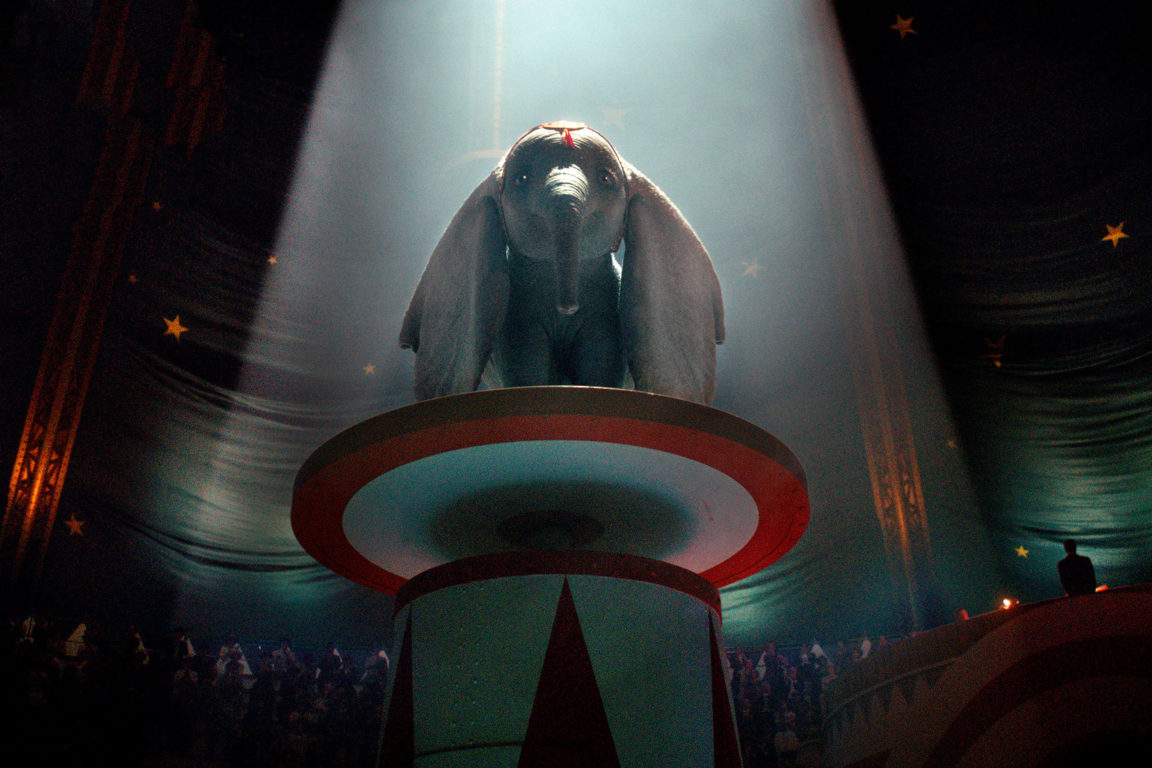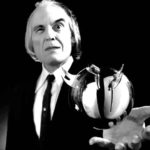While Disney attempts to remake, and arguably “replace” all of their animated classics, the process hasn’t been without controversy. At best, these films seem unnecessary; at worst, they’re cheap imitators that are nothing more than subpar shot-for-shot remakes. However, every now and then, Disney manages to recapture the old magic, and conjure up some new magic along the way. Dumbo is one such example. After two lackluster “re-imaginings”, Tim Burton succeeded at making a story his own and delivering a film that is visually beautiful, as well as touching and heartfelt.

Not a Typical Remake
The story begins in 1919 with Holt Farrier (Colin Farrell) coming home from WWI, having lost an arm in battle. He and his wife were once the stars of the Medici Circus, but as he returns he finds that it’s fallen on hard times. Not only has his wife passed away from the infamous Spanish Flu pandemic, but the horses from his cowboy act have been sold and his children, Millie (Nico Parker) and Joe (Finley Hobbins) now tend to the elephants. The owner of the circus, Max Medici, (Danny DeVito) has put all of his faith into a recent purchase of a pregnant elephant.
Once baby Dumbo is born however, his big ears are seen as an embarrassment. And an incident involving his mother trying to defend him from unruly audience members causes her to be sold and the two to be separated. Shortly after, the children discover Dumbo’s ability to fly, which suddenly propels the circus into fame. Soon, it attracts the attention of eccentric billionaire V. A. Vandevere (Michael Keaton) and his trophy girlfriend Colette (Eva Green). The entire circus is offered the opportunity to move to New York City to live and perform in Vandevere’s theme park Dreamland. However, not all is what it seems, and Vandevere himself seems to have dark and even sinister motives.
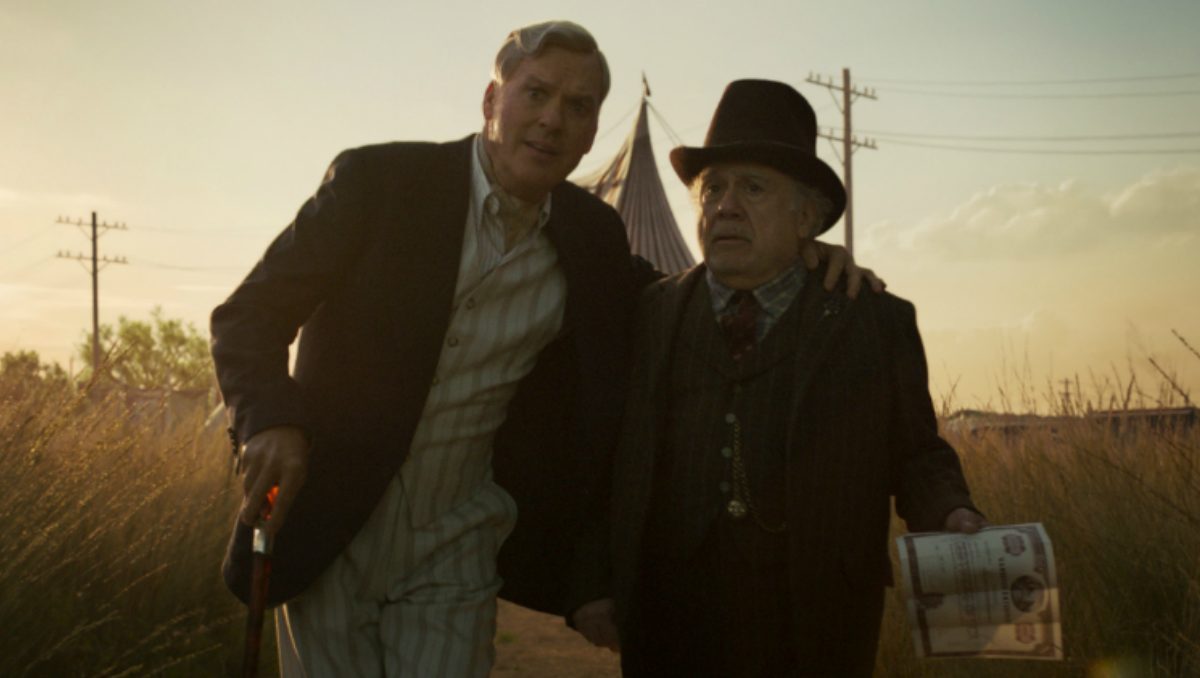
When it comes to the Disney live action remakes, Maleficent and The Sorcerer’s Apprentice have arguably been the best because rather than merely mimic everything the original films did, they took basic story elements and crafted a new story. While the original Dumbo was more of an anthropomorphic talking animal film, this one focuses very much on the human characters, and how the titular elephant inspires them. As they work with Dumbo, he helps many of them navigate very real issues of loss and freedom. While not exactly the main character, Dumbo himself really feels like a fully fleshed out character, despite being completely CGI and only communicating via facial expressions. The visual effects are nothing short of amazing here!
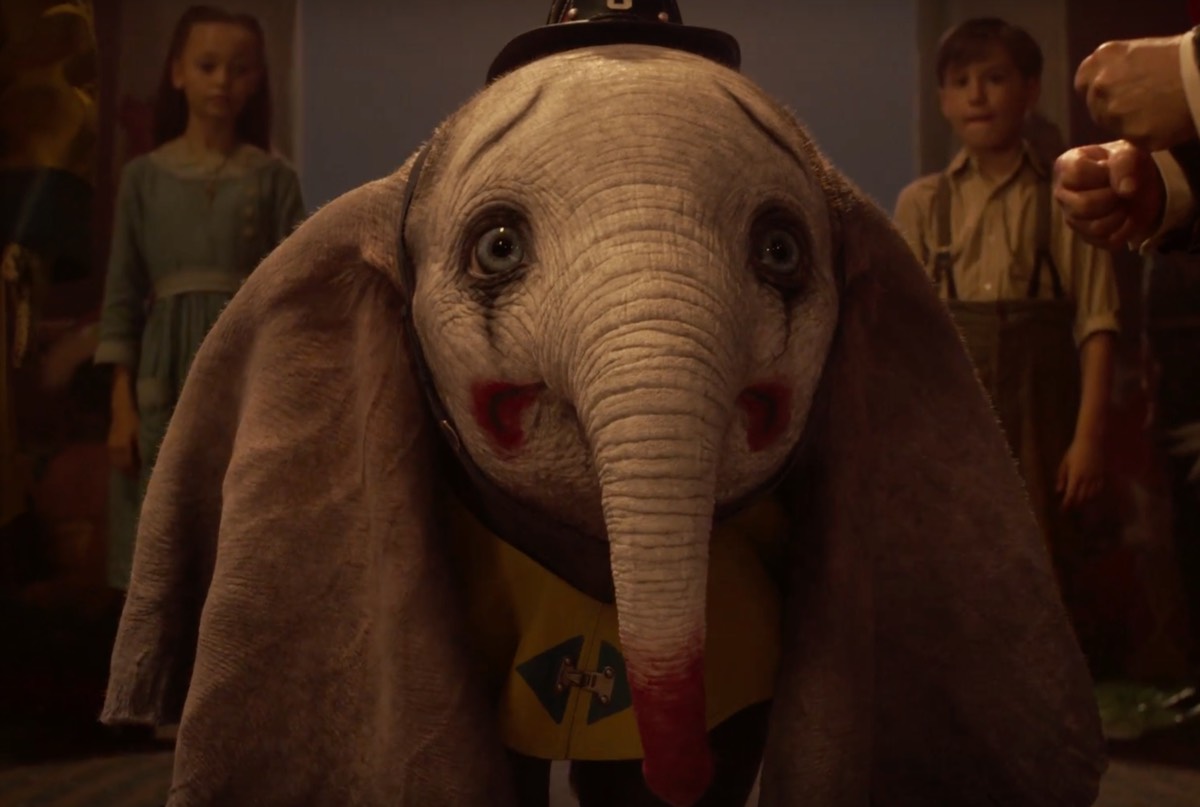
Brilliant Ensemble
One of the greatest strengths is the cast, composed of a few Burton regulars. Colin Farrell does his best to give a complex and layered performance, but really struggles with his Southern accent. He’s done American accents before in Minority Report and Phone Booth, but perhaps it’s only Northern American accents he can pull off. Danny DeVito is fun and energetic as always, providing much of the sarcastic comic relief. Initially it seems like there’s not much to Eva Green’s character, but as we get to know her better, she really shines with a sympathetic and almost tragic existence. The actor who truly steals the film is Michael Keaton however. At times he’s eccentric, fun, and warm-hearted, but then very quick to turn on a dime to determined, heartless, and downright brutal.
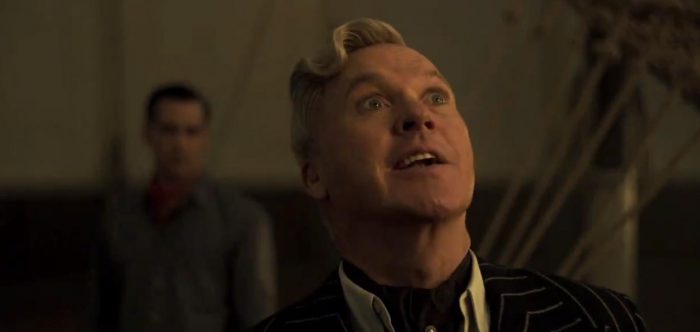
Any other actor could have easily made this role cartoonish or cheesy, but Keaton knows how to the toe the line perfectly. His propensity for playing odd characters really shines here. Nico Parker and Finley Hobbins do the best they can, but it doesn’t help that Joe gets barely any lines, and Millie is written with all the on the nose awkwardness of an M. Night Shyamalan character (from his dark days). But as child actors, they have time to grow and hopefully get a script that treats them better.
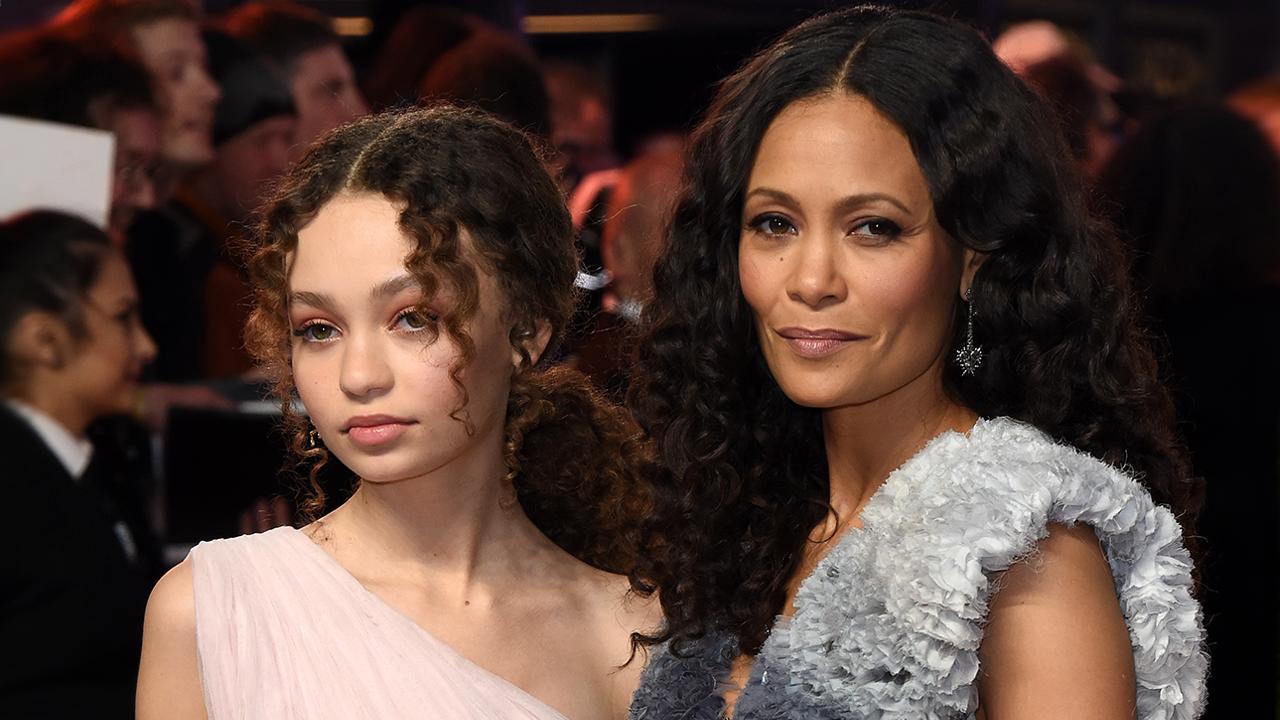
Very Much a Tim Burton Film
As previously mentioned, Tim Burton does a great job of making this film his own. Everything from his visual aesthetic to the beautifully haunting Danny Elfman score (which sounds a bit like his Edward Scissorhands score at times), reveal his signature throughout. It’s quite clear that they gave him free reign to do as he pleased, which is surprising coming from Disney, as they’re known to micro-manage. But ultimately, it works to the mutual benefit of studio, director, as well as the audience.
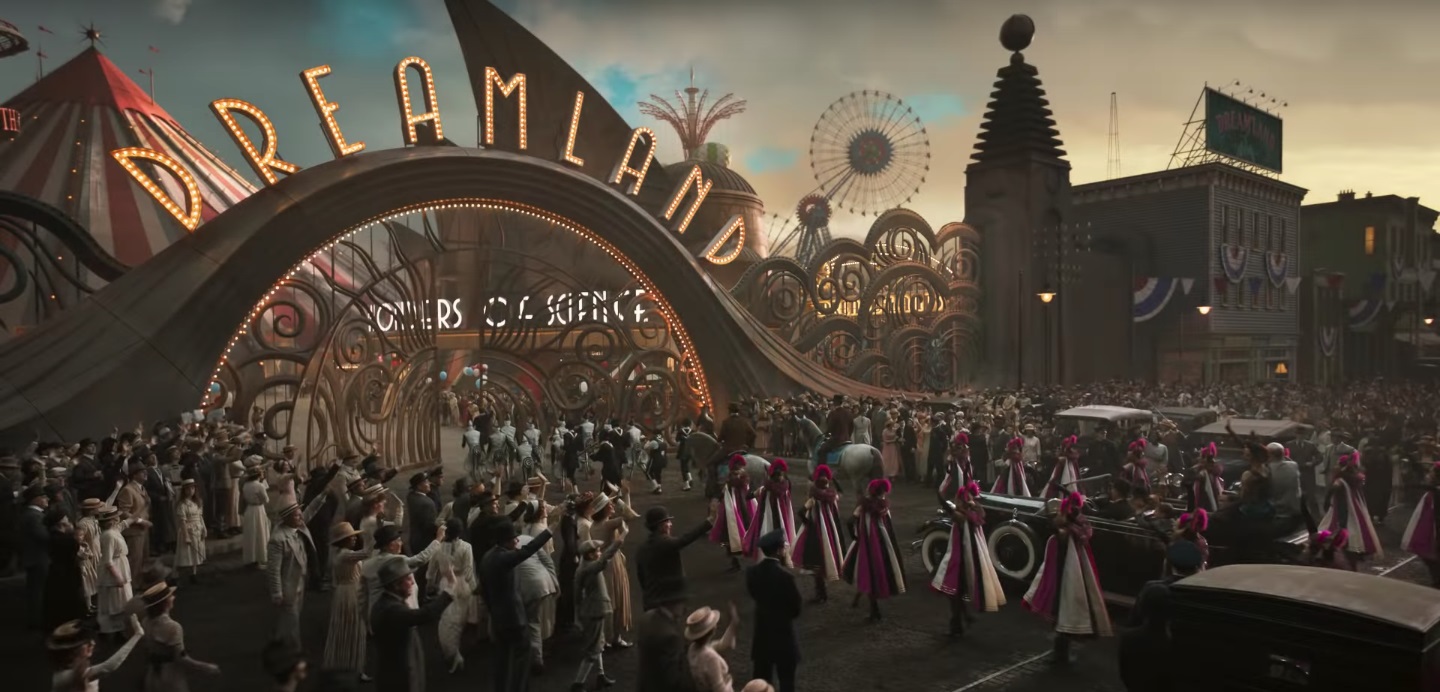
In a strange way, it almost felt like Burton was being heavily critical of Disney itself. Vandevere’s Dreamland theme park is not so subtly inspired by Disneyland, complete with a “Hall of Tomorrow”. One could even interpret Vandevere himself as a sort of Walt Disney-esque visionary. But given the dark and even sinister nature of the character and what his theme park represented, it was a very unusual theme coming from a Disney film.
Perhaps it’s just coincidence and unintentional, but given Burton this is probably not the case. Rather, it was most likely a case of Burton slyly infusing the film with his usual anti-elitist sentiment, and the studio not noticing or caring that he was being critical of their own corporation. And given the financial success the film is projected to bring them, why should they care?
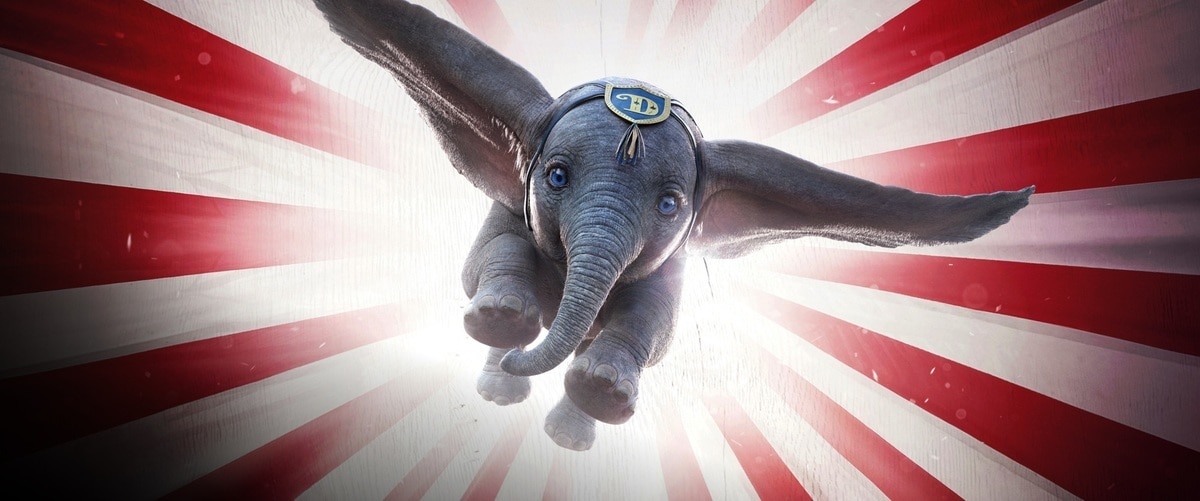
Overall, Dumbo is a huge achievement, not only for Disney’s live action remakes, but for Tim Burton, whose films of late haven’t been of the best quality. It successfully takes an old, and rather outdated story (complete with a bit of casual 1940’s racism), and builds upon it to create a new story richer in characters and themes. Between the stunning visual effects, vintage production design, unique characters, and a beautiful Danny Elfman score, Tim Burton reminds us why he’s the visionary director that made a connection with audiences so many years ago!


